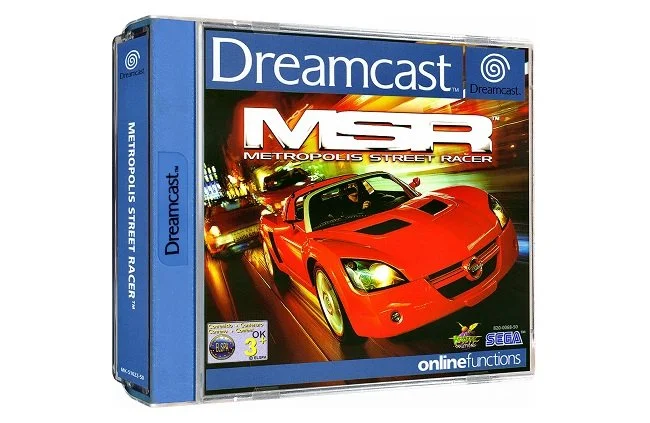The Problem With Ever Changing Band Lineups
Pro-Pain Gary Meskil
I was reminiscing about the music of my youth the other day which led me to listen to a track by Pro-Pain. The band formed in NYC in 1991 and their debut album Foul Taste of Freedom got some traction in the UK. I lost track of them after the next album and moved on musically. However, because of my recent fit of nostalgia, I looked the band up on Wikipedia and discovered that they were still going. Now thirty years is quite a long period of time and nothing stays the same forever but even I was surprised to see that the lineup of Pro-Pain had changed over a dozen times. The only original artist in the band today is bass player, lead vocalists and founder member, Gary Meskil. As ever this started a train of thought about the subject. How so many bands have made substantial changes in their lineup over the course of their careers and the respective pros and cons of such decisions.
Being in a band is a stressful work environment. Creative differences, the amount of time you spend in each other's company and the constant travelling take their toll. Change is an inevitability. But when you change the line up of a band, how much of an impact does it have? Well that depends upon who is leaving and what contribution they made overall. If the outgoing member defined the band’s sound, wrote most of their material or had the biggest personality, then their absence is significant. Think Michael Jackson and The Jackson 5. If their contribution was more arbitrary, then replacing them may not be such an issue. Pete Best “leaving” The Beatles springs to mind. Sometimes the departure of a band member creates an opportunity for a band to reinvent themselves. In the case of Adam and the Ants, the entire band bar Adam left to form Bow Wow Wow. Adam then found new Ants and moved from Punk to New Wave.
Adam and the Ants “Ridicule is nothing to be scared of”
Another problem that arises from bands that have enjoyed great longevity and numerous changes in their line up, is that they will end up with a canon of work that is rich and varied. Fans therefore may not necessarily share the same point of entry into this oeuvre, or enjoy the same material. In such a case, do fans even like the same band? Is there an unbridgeable gulf between Dexy’s Midnight Runner fans who favour the 1980 album Searching for the Young Soul Rebels and those who preferred Too-Rye-Ay, two years later? And to complicate matters further, sometimes a successful band will not just see multiple lineup changes but will split into multiple iterations of the same band, due to legal and financial wranglings. At one point there were two versions of the popular English Reggae band UB40. One using the original name and the other being known as UB40 featuring Ali Campbell and Astro. That’s just weird.
The music industry has always been a battleground between art and business. Bands can be a collective of evolving musical artists, trying to produce art, as well as an established commercial product providing an ongoing service. Sometimes one trumps the other but it more often than not seems to be the latter. But music provides many things beyond artistic appreciation. Music nostalgia is a major psychological comfort blanket. If you see an iconic band like The Rolling Stones, do you really want to listen to their latest musings or just their greatest hits? It does seem like the provision of a service. However, due to the line up changes over the years, how authentic is that experience? Following a similar train of thought, can you really ever truly experience Queen any more, since the death of Freddie Mercury? However, Judging by ticket sales, this may not be an issue.
The Stranglers
The Stranglers are down to their last original member, Jean-Jacques Burnel. Whether the band will produce any more albums or tour remains to be seen but it does seriously raise the question: are The Stranglers really The Stranglers any more? You can argue from a logical, semantical or emotional perspective and I’m not entirely sure if there is a right or wrong answer. You can have a band where all the original members are dead or retired, so what do people do? They form a bloody tribute act. Again, we return to the power of nostalgia and the money that it can generate. Regarding the original point of the post about the ever changing lineups that some bands have, I suppose you decide for yourself what, if any, lines in the sand you personally draw. I guess music has become like the film and TV industry. When talking to someone, if you state that you like such and such a band, you then have to clarify which version, or which period of their work you enjoy. That’s “fun”.








